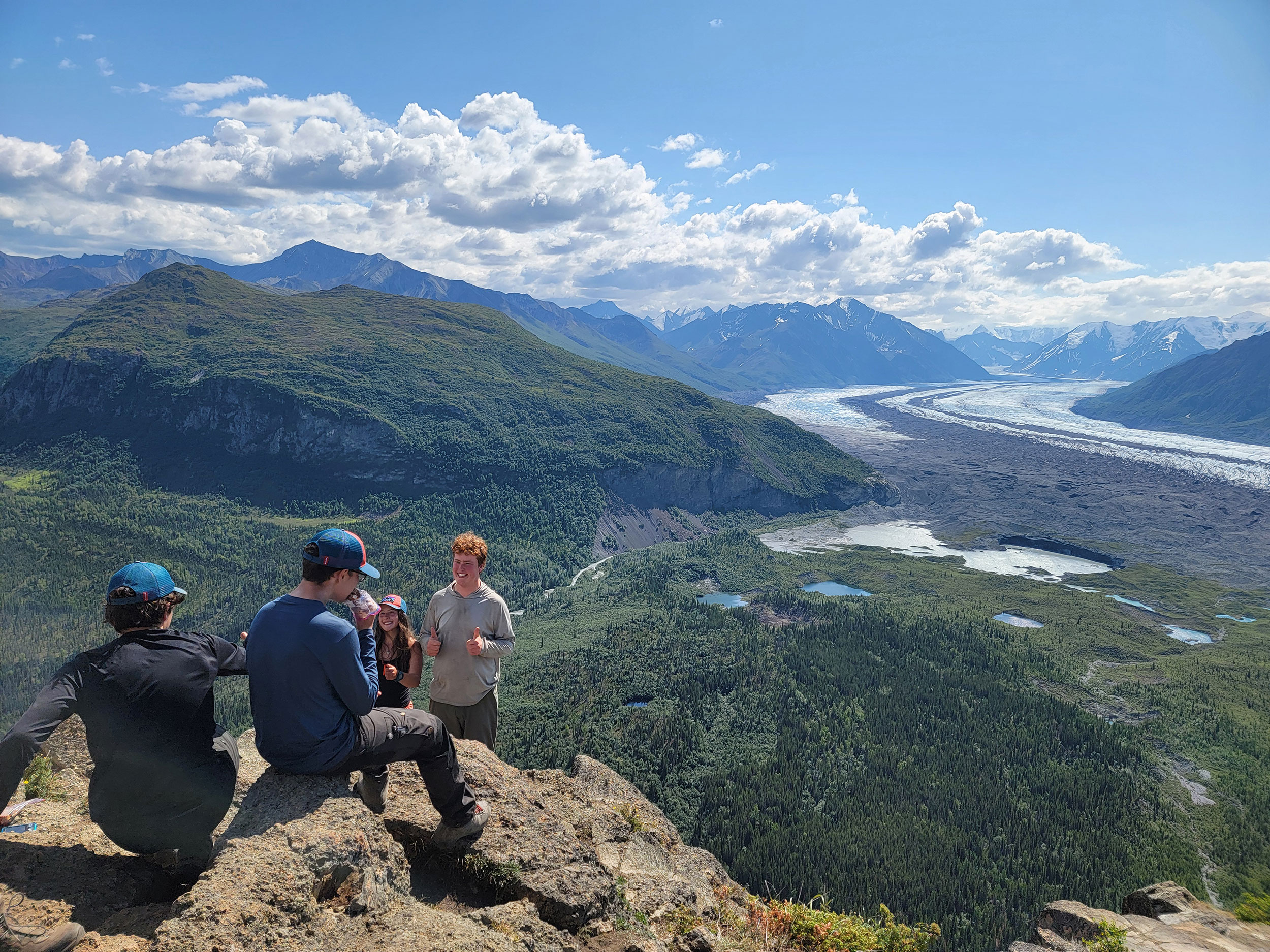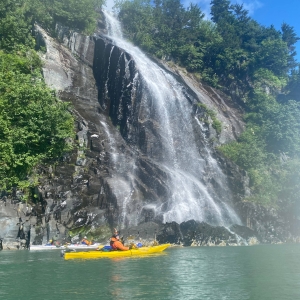Why adventure camps are more important than ever
In a world dominated by technology, Adventure Treks offers a chance for teens to reconnect—with nature, with others, and with themselves. This digital detox alleviates the constant pressures teens face in their daily lives, ultimately reducing their stress and improving their mental well-being. Through shared experiences guided by compassionate role models, teens cultivate an appreciation for the environment and a sense of responsibility that lasts a lifetime.
It’s no secret that increased use of technology and digital media among adolescents is linked to a rise in physical, psychological, and behavioral disorders. When given the chance to put their phones down, teens get a break from the constant pressures they face in their daily lives, enabling them to fully engage in the present moment. As a result, they return home with higher self-esteem, improved social skills, greater empathy, and a renewed sense of purpose.



